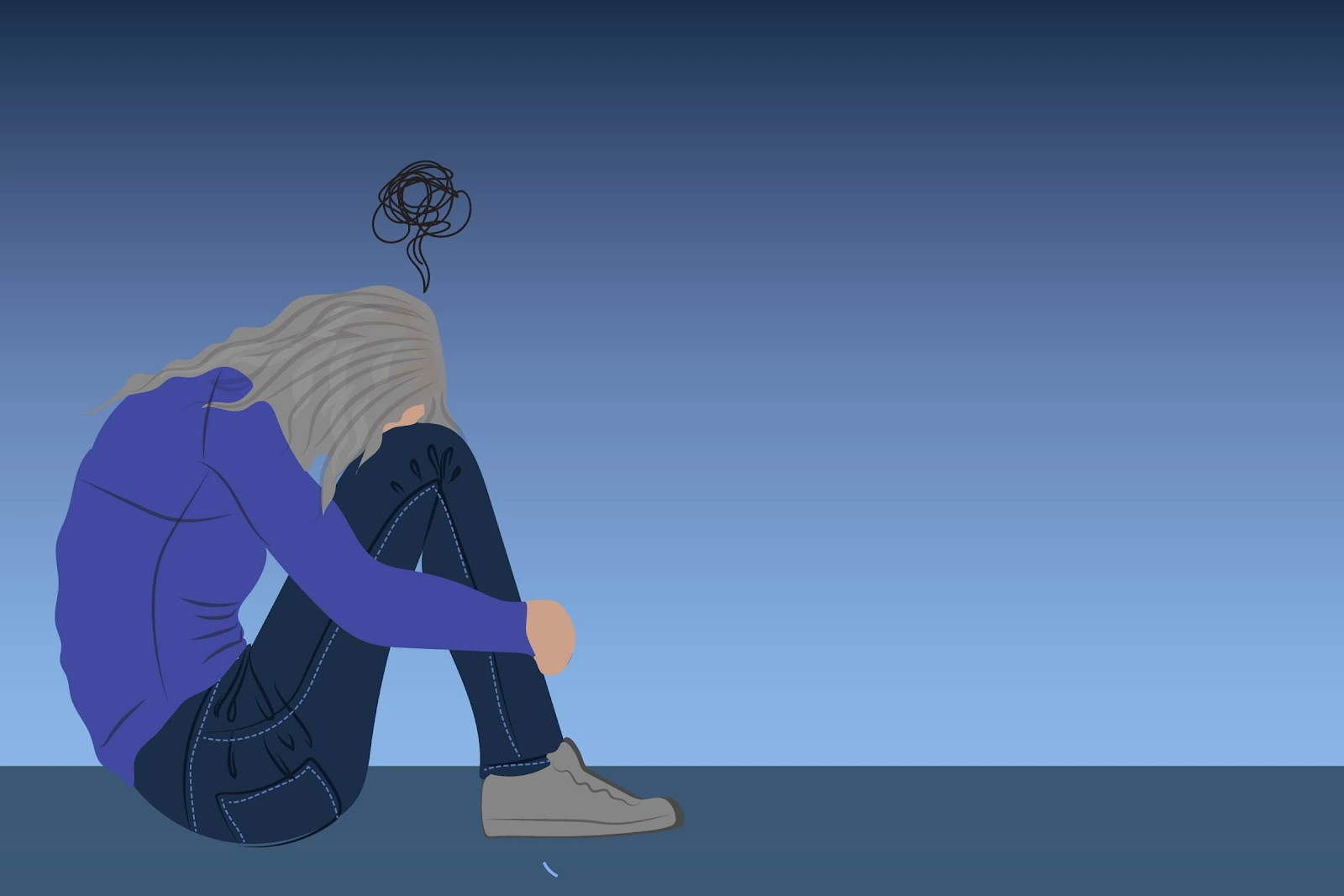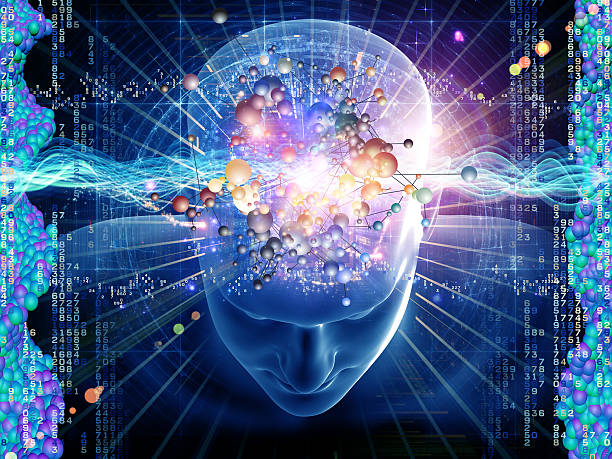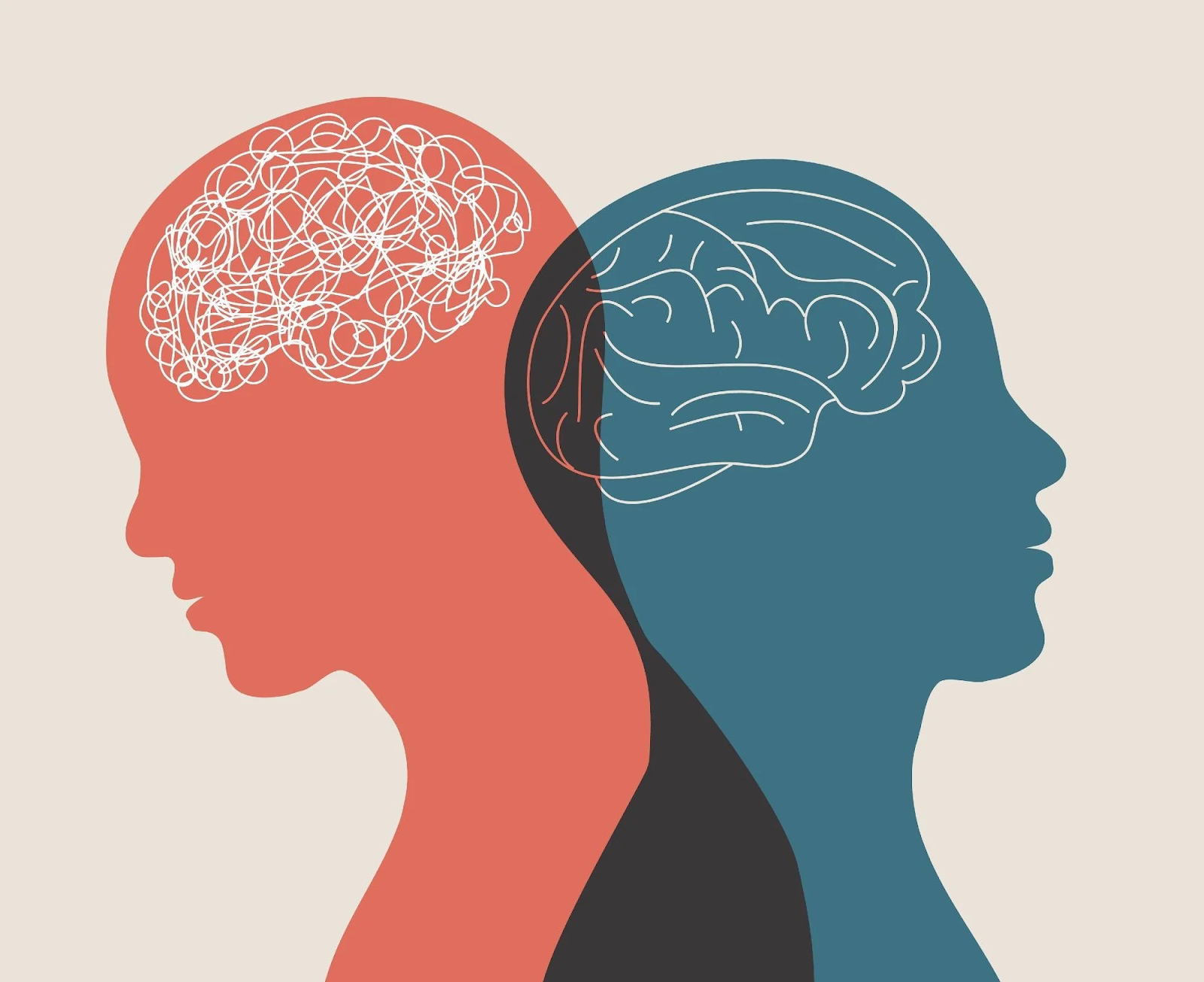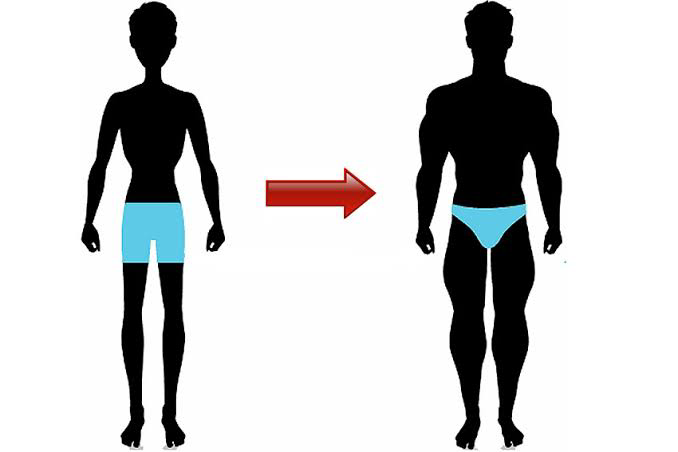What is clinical depression?
Clinical Depression: Causes, Symptoms, and Treatment Options
Clinical depression, also known as major depressive disorder (MDD), is a mental health condition characterized by persistent feelings of sadness, hopelessness, and a loss of interest in activities that a person normally enjoys. It is a common condition that affects millions of people worldwide, and if left untreated, it can significantly impact a person's daily life, relationships, and overall well-being.
Causes of Clinical Depression
There is no single cause of clinical depression. Instead, it is often the result of a combination of factors, including biological, genetic, environmental, and psychological factors. Some of the most common causes of clinical depression include:
Genetics:
Studies have shown that depression can run in families, suggesting that genetics may play a role in its development.
Brain Chemistry:
Depression is often associated with an imbalance in neurotransmitters such as serotonin, dopamine, and norepinephrine, which are chemicals in the brain that regulate mood.
Life Events:
Traumatic events such as the loss of a loved one, financial difficulties, or relationship problems can trigger depression in some individuals.
Medical Conditions
Certain medical conditions, such as thyroid disorders, chronic pain, and chronic illness, can increase the risk of developing depression.
Symptoms of Clinical Depression
The symptoms of clinical depression can vary from person to person, but some common symptoms include:
Persistent feelings of sadness, emptiness, and hopelessness.
A lack of interest or pleasure in activities that a person normally enjoys.
Changes in appetite or weight.
Insomnia or oversleeping.
Feelings of fatigue or loss of energy.
Difficulty concentrating or making decisions.
Thoughts of self-harm or suicide.
It is important to note that some people may experience symptoms of depression without feeling sad or down. Instead, they may feel irritable, angry, or frustrated.
Treatment Options for Clinical Depression
There are several treatment options available for clinical depression, including:
Medication:
Antidepressant medications can be effective in treating depression by regulating the levels of neurotransmitters in the brain. However, it may take several weeks for the medication to take effect, and it is important to work with a doctor to find the right medication and dosage.
Therapy:
Various forms of therapy, such as cognitive-behavioral therapy (CBT) and interpersonal therapy, can be effective in treating depression by helping individuals identify and change negative thought patterns and behaviors.
Lifestyle Changes:
Engaging in regular exercise, eating a healthy diet, and getting enough sleep can help reduce symptoms of depression.
Alternative Treatments:
Some people find that alternative treatments such as meditation, acupuncture, or massage therapy can help reduce symptoms of depression.
It is important to seek help from a mental health professional if you suspect that you or someone you know may be experiencing clinical depression. With proper treatment, most people with depression can achieve significant improvement in their symptoms and overall quality of life.
Conclusion
Clinical depression is a common and serious mental health condition that can have a significant impact on a person's daily life. It is important to be aware of the symptoms of depression and to seek help from a mental health professional if you suspect that you or someone you know may be experiencing depression. With proper treatment, most people with depression can achieve significant improvement in their symptoms and overall well-being.
In addition to seeking professional help, there are also some steps that individuals can take to manage their symptoms of depression. Some of these steps include:
Prioritizing self-care
This includes getting enough sleep, eating a healthy diet, and engaging in regular exercise or physical activity.
Connecting with others
Social support can be an important factor in managing depression. This could include spending time with friends or family, joining a support group, or reaching out to a mental health professional.
Setting achievable goals
Setting small goals and working towards them can help provide a sense of accomplishment and increase motivation.
Managing stress:
Stress can be a trigger for depression, so it's important to find healthy ways to manage stress, such as through relaxation techniques or mindfulness practices.
Avoiding drugs and alcohol:
Using drugs or alcohol to cope with depression can actually make symptoms worse, and can also interfere with medication or other treatments.
While it can be difficult to manage depression, it's important to remember that it is a treatable condition. With the right treatment and support, most people with depression can achieve significant improvement in their symptoms and overall well-being.
In summary, clinical depression is a serious mental health condition that affects millions of people worldwide. It is characterized by persistent feelings of sadness, hopelessness, and a loss of interest in activities that a person normally enjoys. While the causes of depression can be complex, there are several treatment options available, including medication, therapy, lifestyle changes, and alternative treatments. It's important for individuals to seek help from a mental health professional if they suspect that they may be experiencing depression, and to take steps to manage their symptoms and prioritize self-care. With the right treatment and support, most people with depression can achieve significant improvement in their symptoms and overall quality of life.
















Comments
Post a Comment